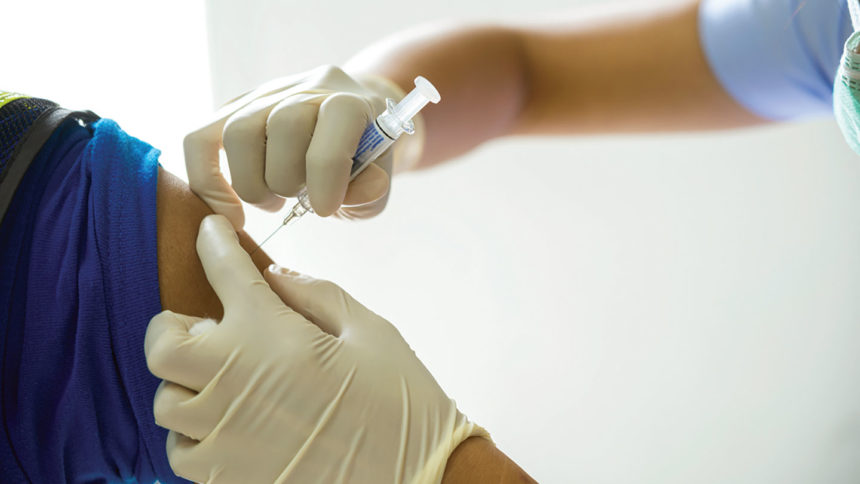
Earlier this year, the US Centers for Disease Control and Prevention endorsed two new vaccines for respiratory syncytial virus in older adults. Now the agency has added some new guidance on using the RSV vaccines and has specified who is at a higher risk for the illness.
The CDC also shared efficacy data on the two vaccines available.
The shots are produced by Pfizer and GSK. They’re the first to be licensed in the United States to protect against RSV, according to the agency.
For both vaccines, a single dose showed moderate to high efficacy in preventing symptomatic RSV-associated lower respiratory tract disease in adults aged more than 60 years.
The shots could prevent deaths in older adults who are at risk for severe RSV disease. The CDC said it will continue to monitor safety and effectiveness as the shots roll out.
Most adult RSV disease cases occur in older adults. There are about 60,000 to 160,000 hospitalizations each year among people aged more than 65 and anywhere from 6,000 to 10,000 deaths annually from RSV in the same population.
People who are at a higher risk for being hospitalized with RSV include adults with conditions such as:
- Chronic obstructive pulmonary disease
- Congestive heart failure
- Coronary artery disease
- Asthma
- Diabetes
- Cerebrovascular disease
- Chronic kidney disease
People living in congregate care settings and those with compromised immune systems also are at an increased risk, as are those who are frail or aged more than 75.
The CDC update reported on vaccine effectiveness. One dose of the GSK vaccine was 82.6% effective in people during the first RSV season and 56.1% effective in the second season. Over two seasons, it was effective 74.5% at preventing lower respiratory tract disease RSV.
One dose of the Pfizer shot was 88.9% effective during the first season and 78.6% effective in the second. Efficacy of one dose over a two-season span was 84.4%, data showed.




